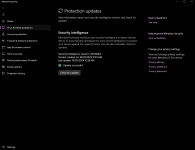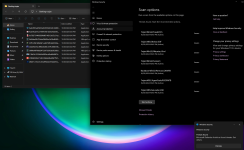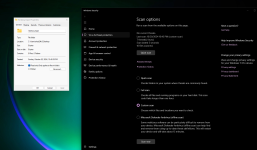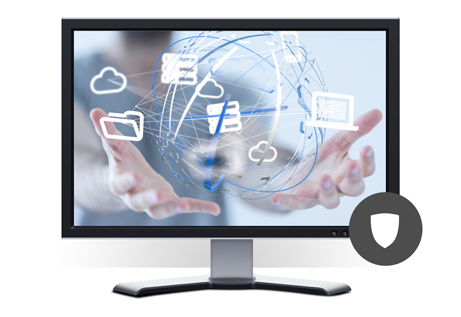- Sep 2, 2021
- 2,774
Détente with a few beers might be what the doctor ordered...
He's a fanboy of a particular antivirus
I'll do a few tests later today as an answer, I think that'll be enough
Détente with a few beers might be what the doctor ordered...
Microsoft Defender - even highly hardened with maximum settings - is routinely defeated by malware and other attack types. The list of attacks and bypasses submitted to Microsoft by various nations' Defense Ministries is constantly full and long. Then there are the financial sector industry cybersecurity groups that routinely inform Microsoft of its Defender failures. Do you have access to either of those? Both are Controlled Unclassified Information (CUI) so I know that you do not. I do.
Unfortunately that's true best way would be from the ground up to create permission management like iOS , android then trying to play catch an mouse to stop skid malware via filters wich both have too many false positives and let a lot inThis is probably true for all security solutions:
View attachment 285862
View attachment 285863
The Third Annual Study on the State of Endpoint Security Risk - Ponemon Institute LLC (Publication Date: January 2020).
Shortly: The effective solutions are hardly usable and the standard solutions are ineffective.



Really? Which one?He's a fanboy of a particular antivirus
No. It will not be enough. I am not talking about grabbing some malware samples and Microsoft Defender detects them by either via signature or reputation. I am talking about when it does not detect by signature or by reputation.I'll do a few tests later today as an answer, I think that'll be enough
It is true to some extent to all of them. Some more than others. Microsoft Defender is only a top signature detection solution. To provide truly effective security, Windows must be hardened. Microsoft Defender is not nearly enough. It is decent for "I download a file now-and-then" types of users.This is probably true for all security solutions:
AVLab.pl has consistently shown that Microsoft Defender is not very good against banking trojans that get past the signatures. The evidence is irrefutable.I suspect that @bazang could have in mind that Microsoft Defender on default settings does not protect against banking trojans which already infected the system. Such protection usually includes a dedicated web browser and Network Protection to prevent anti-keyloggers, anti-screenloggers, connections to C2 servers, etc.
Yeah. So what? Detection by signature. Microsoft Defender is known to provide decent signature detection. That is not what I was ever talking about. I was talking about when it does not detect.@bazang , I look forward to your comment
AVLab.pl has consistently shown that Microsoft Defender is not very good against banking trojans that get past the signatures. The evidence is irrefutable.
AVLab.pl has shown it to be true of both consumer and enterprise versions of Microsoft Defender. Same has been done by MRG Effitas and others.
Making a distinction between home and enterprise users is not helpful. It is a distraction from the fact that when it comes to banking trojans, Microsoft Defender is not as good as other solutions.
That is because Microsoft never intended - by design - for Microsoft Defender to ever effectively deal with such malware.
Let's agree on it. I can also add that any AV for home users cannot be sufficient, too.If the user is paranoid about doing financial transactions on their Windows system - as it appears the OP is, then Microsoft Defender is not sufficient.
I work in regulated industries such as the financial and defense sectors. Nobody that I know of has ever used Bitdefender SafePay or Kaspersky SafeMoney. Not even enterprise versions. Those kinds of solutions cannot even satisfy the security requirements of the applicable regulations.
Yeah. So what? Detection by signature. Microsoft Defender is known to provide decent signature detection.

 www.av-comparatives.org
www.av-comparatives.org
